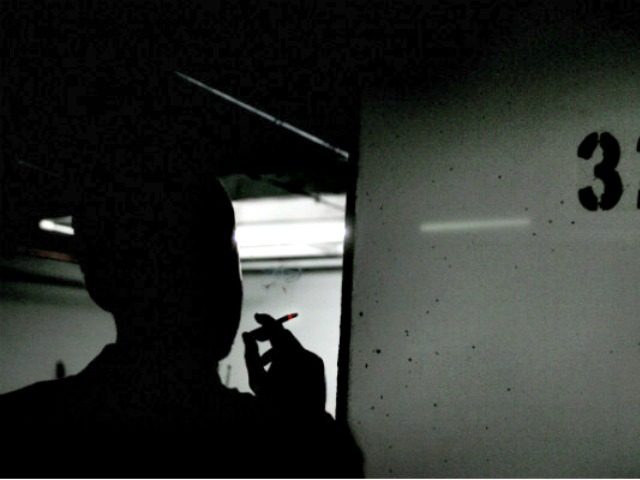The lawyers representing the so-called “whistleblower” who sparked the impeachment inquiry against President Donald Trump reportedly argued this week that their client’s identity could remain secret for decades, citing the years-long “Deep Throat” mystery as a model.
On Wednesday, the Washington Examiner explained:
The secret of “Deep Throat” was kept from the early ’70s until 2005, when former FBI Associate Director Mark Felt came forward at 91 years old. He died two years later.
Whistleblower attorney Mark Zaid, an aficionado of Watergate history, said leaving his client’s identity unresolved indefinitely would encourage future whistleblowers.
…
Felt was a prime suspect from the beginning. … Without firsthand sources, the accusation didn’t stick. … It later became known to a prosecutor, but news outlets were left to speculate.
Washington Post journalist Bob Woodward, who received information from Felt, his colleague Carl Bernstein, and their editor Ben Bradlee, knew the “whistleblower’s” name. Allegedly, some left-wing mainstream news outlets also know the impeachment “whistleblower’s” name, but refuse to report it.
Zaid told the Examiner:
Our ideal ending is that the identity of the whistleblower is never known, and the individual continues on with their personal and professional life as if nothing ever happened. That is the best outcome for most whistleblowers, who simply fulfilled their constitutional duty by reporting a reasonable belief of wrongdoing.
…
Even Felt was named in places, and his life continued without concern. This may obviously be a very unique situation that sets the precedent for the future. Basically, his identity remained ‘secret’ until he decided otherwise. That was his right.
Although Felt denied it, the Washingtonian magazine identified him as the likely whistleblower.
On October 30, Real Clear Investigations suggested that anti-Trump CIA analyst Eric Ciaramella is the “whistleblower” behind the complaint at the heart of the impeachment probe.
The Examiner noted, however, that no one has been able to provide a definitive confirmation that Ciaramella is indeed the leaker, adding that other names have surfaced as possible suspects.
Ciaramella’s name appears in at least one of the transcripts of closed-door testimony provided by impeachment probe witnesses so far.
Democrats released a series of transcripts in recent days, vowing to hold public hearings next week.
Intelligence Community Inspector General (IG) Michael Atkinson and likely House Intelligence Committee Chairman Adam Schiff (D-Ca), the leader of the impeachment probe, know the identity of the leaker.
It is not illegal to divulge the “whistleblower’s” identity. Only IG Atkinson is prohibited by law from identifying the leaker.
On November 6, National Public Radio (NPR) acknowledged:
Similarly, if a news outlet, member of Congress or member of the public outed the whistleblower, legal experts said, no criminal law would be violated.
“There is no overarching protection for the identity of the whistleblower under federal law,” said Dan Meyer, a lawyer and the former executive director of the intelligence community whistleblower program. “Congress has never provided that protection.”
While the left-wing mainstream media outlets refuse to publish the alleged “whistleblower’s” name, several conservative media outlets have disseminated reports about Ciaramella.
The “whistleblower’s” attorneys refused to confirm or deny that Ciaramella is their client, claiming that revealing the identity would threaten the “whistleblower’s” safety. President Donald Trump and some of his Republican colleagues have called for the Democrats pursuing the impeachment probe to make the “whistleblower’s” identity public.
Republicans argue that the leaker likely conspired with Schiff to go after President Trump.
Rep. Jim Jordan (R-OH) revealed on Thursday that Republicans are planning to subpoena the “whistleblower” to testify in the impeachment inquiry publicly.
The partisan impeachment inquiry resolution grants Democrats the ability to block subpoenas issued by the Republican minority.

COMMENTS
Please let us know if you're having issues with commenting.